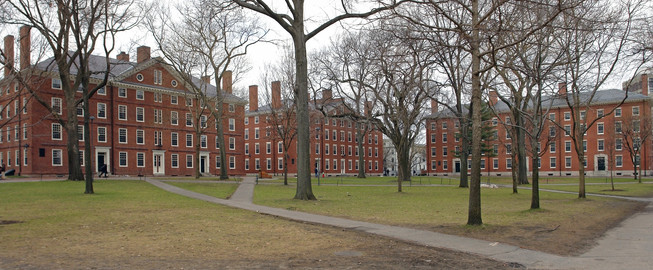Legacy Status as a Factor in Admission to Elite Colleges
In their admissions policies, colleges state that they reward factors such as diversity, authenticity, equality of opportunity, and academic merit. These assertions, although valid, often fail to state their treatment of “legacy” applicants — those who have familial ties to the institution. Legacies are afforded a substantial edge in admissions at the majority of elite colleges and universities.
You will welcome this news if your child is interested in attending your alma mater. An IvySelect college admissions consultant provides invaluable guidance in how to optimize this advantage. The following overview of legacy admissions will provide some context and perspective.
Colleges maintain publicly that legacy status is, at most, a tiebreaker between equally qualified applicants. Yet a review of legacy admissions statistics reveals that this isn’t accurate. A study of 30 elite colleges found that legacy students are an eye-popping 45% more likely to be accepted by a highly selective school than a non-legacy. One analysis estimated that, in admissions, legacy status was equivalent in value to a 180-point gain on the SATs on the 1600-point scale.
About three-quarters of private highly selective universities and liberal arts colleges factor legacy status into admissions decisions. The impact of preferential treatment is evident in the acceptance statistics of elite schools including the Ivies, Stanford, Vassar, Swarthmore, Claremont McKenna, Duke, Wellesley, Bowdoin, Williams, Johns Hopkins, Pomona, Middlebury, and Amherst.
Harvard, Penn, and Brown accept approximately one-third of their legacy applicants, which is more than twice these Ivy League universities’ overall admission rates. Princeton, with a very low admissions rate of 7%, admits over 40% of legacy applicants, an astounding differential. Elite public universities such as the Universities of Michigan, North Carolina, and Virginia also grant a strong preference to legacy applicants. Catholic universities and colleges, including Georgetown, Loyola of Maryland, Boston College, Villanova, and Notre Dame, not only weigh parental legacies in decisions but also siblings, often offering both admission preference and scholarships if two siblings attend concurrently.
About one-third of highly selective schools oppose granting a preference to legacies. For example, MIT, Caltech, The New School, Rensselaer Polytechnic, and Cooper Union do not include legacy status as a consideration in admissions.
It’s fair to ask why a college would grant legacy preferences simply because an applicant’s parent graduated from the school decades ago. Colleges typically defend legacy admissions as a way to respect tradition. According to advocates of the practice, intergenerational loyalty and continuity should be respected. If you’re skeptical that this is the full story… you’re not alone.
What’s a more realistic rationale? Legacy-granting schools are likely to receive far more in financial support in the future from families to whom they have shown loyalty by preferential treatment for legacies.
You should, as an alumnus or alumna, use your legacy status to improve your child’s probability of acceptance at your alma mater. IvySelect advises that your student initially disclose his or her legacy status by listing your alumni connection on their application. On most college applications, including the Common App, there is a section for a description of the educational background of the parents.
Your involvement with your alma mater may also be taken into account. Admissions officers may consider such factors as financial contributions, participation on boards and committees, and service in roles such as alumni interviewer. Admissions decisions also may take into account other relationships with the university, so your IvySelect consultant will guide you in using as references any influential faculty members, administrators, and alumni whom you know.
Your IvySelect college consultant guides you in tactfully communicating relevant legacy-related information. Too many letters, emails, and telephone calls from you to college officials, especially any that take a tone of entitlement, will do more harm than good. Your communications should be judicious and always positive in tone.
The expertise of your IvySelect college counselor will assure that your child receives all due consideration as a legacy.





